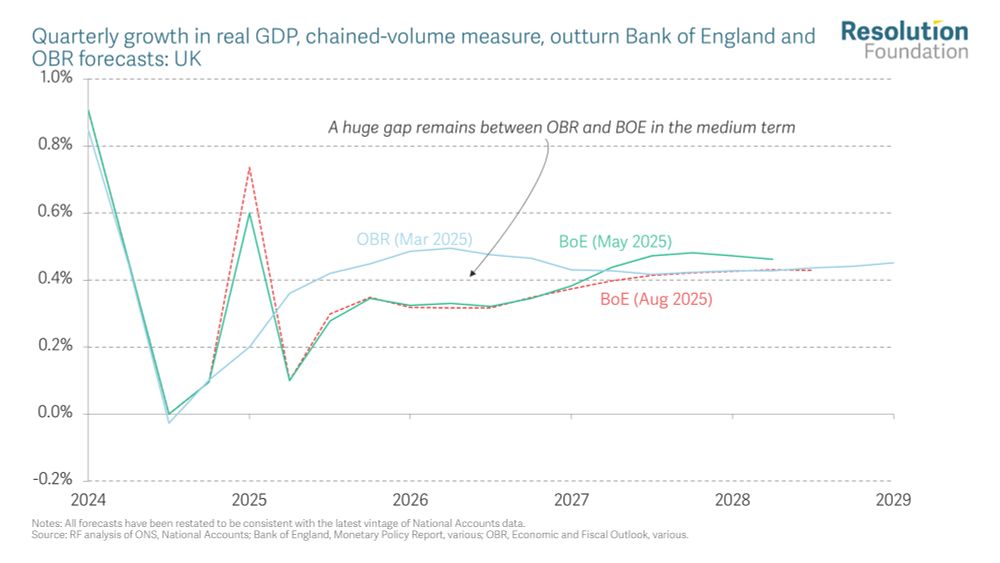JamesSmithRF
@jamessmithrf.bsky.social
2.3K followers
440 following
490 posts
Research Director at the Resolution Foundation. Previous lives at the Bank of England and in the civil service. Focussed mainly on macroeconomics (mainly).
Posts
Media
Videos
Starter Packs













